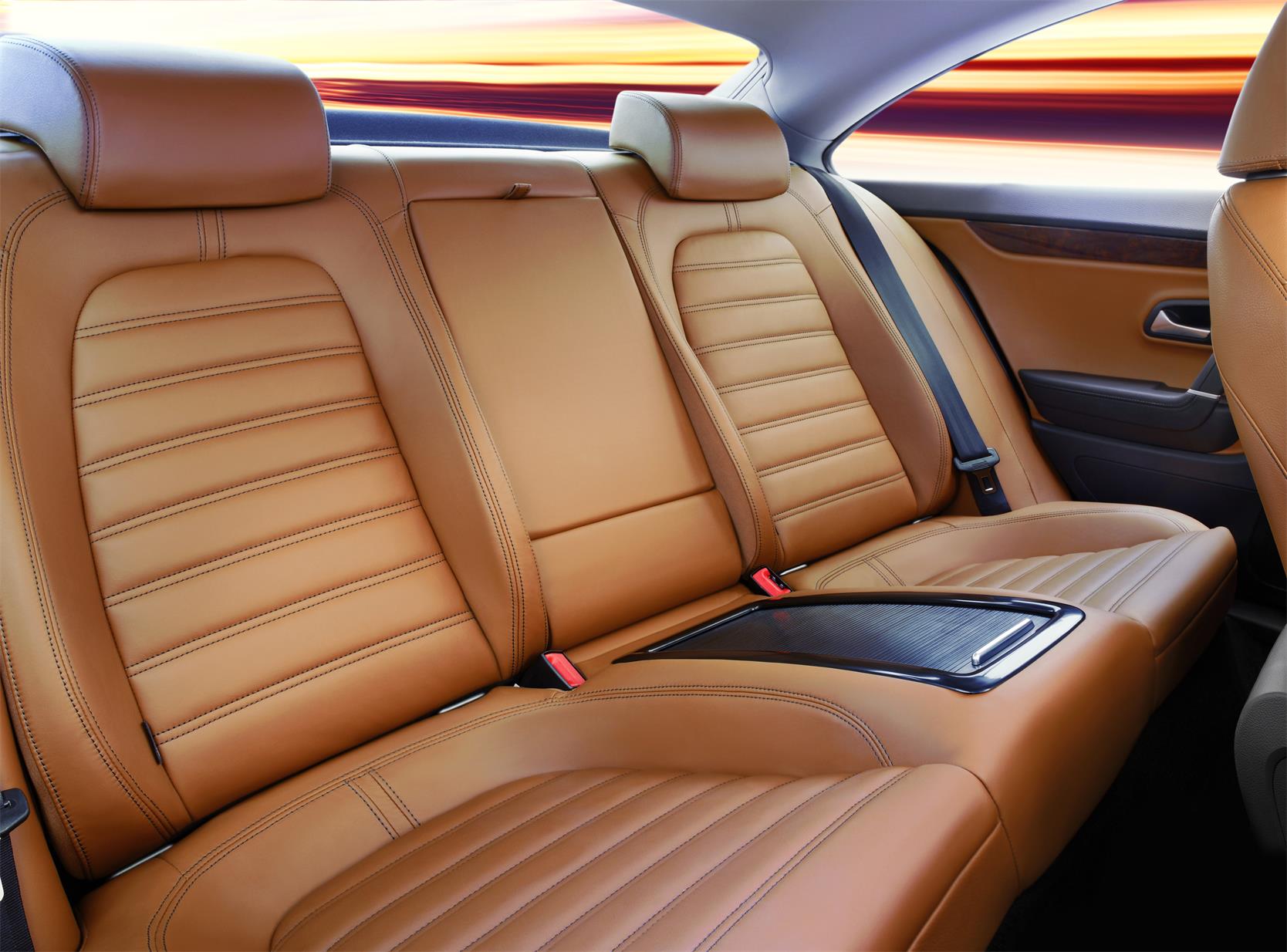A journey beyond imagination!
By keeping passenger comfortably seated, minimize in car noise, our auto interior decoration systems work behind the scenes to make driving more enjoyable.
-
ADVANTAGE
ADVANTAGE -
PROCESS
PROCESS -
TECHNOLOGY
TECHNOLOGY
ADVANTAGE
Polyurethane flexible foam is mainly used in car seat cushion, back and headrest. High resilience cold moulding seat can be produced in a combination with two or more hardness, by using two kinds of formula through a single head, double head or multi head mixed into the mould. The cushion is soft in the middle provides comfort, and supportive on two edges provide stability when the vehicle fastly turning around, maintain balance, and keep the body stable, improve the driving comfort and safety.
PROCESS
High resilience cold moulding seat can be produced in a combination with two or more hardness, by using two kinds of formula through a single head, double head or multi head mixed into the mould. PIP process (Pour-in-Place-Technology) is used to produce the pillow, and the polyurethane raw material is directly poured into the pillow cover for inside foaming. The PIP process improves the appearance of the headrest, makes it more in line with ergonomic design, better coordination with the seat, improves the overall visual effect, and reduces energy consumption.
TECHNOLOGY
Rich technical experience, customized according to customer requirements
Application
GB Standard
Typical Performance
|
Typical Performance |
|||
|
Grade |
Indentation force deflection(%) |
Height loss(%) |
Application area (recommended) |
|
A |
≤15 |
≤4 |
Front seat cushion, sports car seat cushion |
|
B |
≤20 |
≤4 |
Front seat cushion |
|
C |
≤25 |
≤6 |
Front seat backrest, rear seat cushion |
|
D |
≤30 |
≤6 |
Back seat backrest |
|
Physical property |
Property requirement |
|||
|
Grade A |
Grade B |
Grade C |
Grade D |
|
|
Core density(kg/m³) |
≥48 |
≥40 |
≥32 |
≥24 |
|
Indentation Force Deflection (IFD)(%)65%/25% |
≥2.7 |
≥2.6 |
≥2.5 |
≥2.4 |
|
Elastic resilience(%) |
≤20 |
≤23 |
≤26 |
≤30 |
|
Tensile strength(kPa) |
≥90 |
≥90 |
≥82 |
≥82 |
|
Dry aging (Tensile strength)(%) |
≤25 |
≤25 |
≤25 |
≤25 |
|
Elongation at break(%) |
≥120 |
≥120 |
≥100 |
≥100 |
|
Tear strength(N/m) |
≥240 |
≥220 |
≥200 |
≥180 |
|
Compression set(50%)(%) |
≤7 |
≤8 |
≤9 |
≤12 |
|
Compression set(75%)(%) |
≤9 |
≤11 |
≤12 |
≤15 |
|
Wet compression set(50%)(%) |
≤12 |
≤13 |
≤15 |
≤15 |
|
Wet compressive strength set(%) |
≤25 |
≤25 |
≤30 |
≤30 |
|
Resilience (ball rebound)(%) |
≥60 |
≥55 |
≥55 |
≥55 |
*QC/T 850-2011 Polyurethane foam for seating of passenger car





